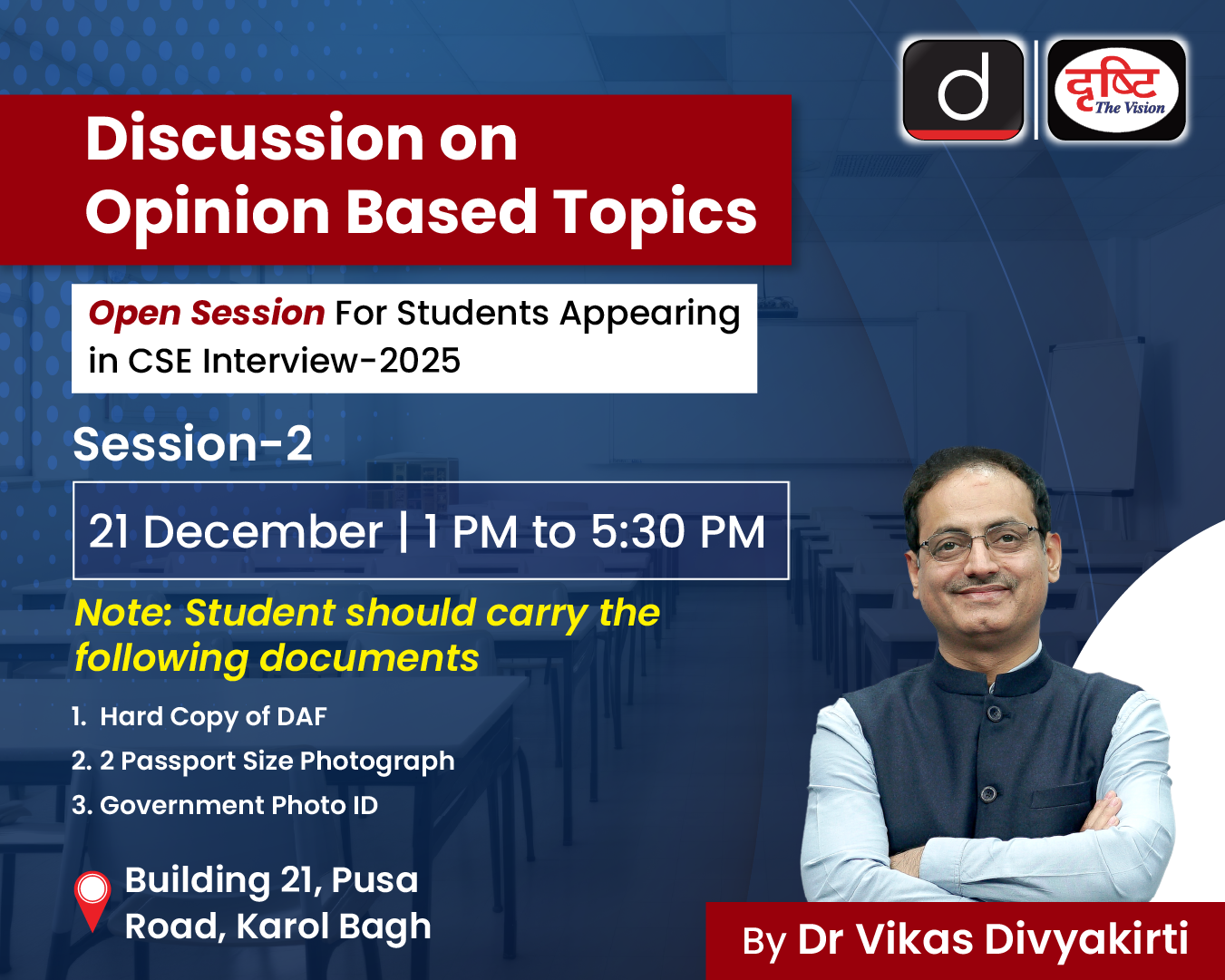-
03 Aug 2022
GS Paper 4
Theoretical Questions
Day 24: Why is there a greater need than ever for civil servants to have emotional intelligence? (250 Words)
- Introduce Emotional intelligence.
- Briefly discuss how emotional intelligence helps civil servants and lack of it brings number of conflict-of-interest situations.
- Conclude suitably.
Answer
Emotional Intelligence:
- Emotional intelligence (EI) is the ability of the civil servant to perceive, understand, express and control emotion.
- Abilities such as being able to motivate oneself and persist in the face of frustration, to control impulse and delay gratification, to regulate one’s mood and keep distress from swamping the ability to think, to empathies and hope.
Need of EI for civil servants:
- EI enables the civil servants to assess his/her own feelings at any given time and can make decisions suitably. It facilitates civil servants to make a realistic assessment of our capabilities and acquire an adequate degree of self-confidence.
- EI provides self-management of civil servants and ability to control the impulse, maturity and analyse reasons behind emotions and be able to bounce back.
- It leads the civil servants to make a difference between public and personal life and guide his/her action suitably.
- Self-motivation brought by the EI relies on our strongest preferences to guide and move us towards our cherished goal even when faced with heavy odds.
- Ex. IAS Durga shakti Nagpal had raided sand mafias because of her motivation towards service due to EI even when her life could be at stake.
- EI brings empathy and sensitivity among the civil servants towards his/her fellow peer’s feelings and for the feelings of the general public.
- EX. Impartial character and positive feelings of civil servants towards all religious festivals irrespective of his/her own religion or likeness shows emotional intelligence of a civil servant in religious domain.
- Managing relations, social competency, understanding social situations to promote teamwork and cooperation, comes only through EI. Knowledge workers can be much more productive only when managed by EI than force or other coercion.
- Ex. Scientists working at space organisations can only be motivated by using EI for more efficient work because it needs wisdom more than other traits of personality.
- A civil servant advises leaders of various ideologies and parties only in the true interest of the nation and public and prevents his/her own amalgamation in that ideology and political party for cooperation among the political (elected) executive and permanent executive.
- In hierarchy and teamwork, criticism is a way to increase efficiency and prevent mistakes. A civil servant with EI can have an effective art of criticism that is solution oriented, avoids personal remarks and with a sense of compassion and prevails more efficient team work.
- Civil servants form relations beyond the official mandate and make things done in the interest of the public by effective, productive and positive office politics. It is possible only through the application of EI.
A civil servant without EI:
- In the absence of EI, the civil servant may not respect values like impartiality, non-partisanship and secularism in his/her working in the public sphere. It will lead to a civil servant as an agent of a particular ideology, political party, or religion.
- The recent acceptance of political office (Rajya Sabha's M.P.) by the ex. CJI Ranjan Gogoi, just after his retirement as a CJI had brought criticism about the impartiality and nonpartisanship among the civil servants as a whole.
- A civil servant in the absence of EI may fail to balance public life (issues) and personal life (issues) and this leads to inefficiency, corruption and lack of satisfaction for service among the civil servants.
- A non-EI civil servant may create a conflicting situation between the Rule of Law and his/her own emotion. It will lead to lack of reasonableness and law of proportionality in the decision making.
- Ex. Building a wall on the road to prevent the public's movement in the first wave of covid-19. It is unreasonable because it also prevents emergency movement of the vehicle for security, health and other purposes.
- A civil servant without EI may harm both his/her own interest and public’s amid office politics.
It is said that one Japanese is less than one Indian but two Japanese is too much than two Indians. It shows the effectiveness of EI among Japanese in particular and teamwork in general.
EI together with Aptitude brings emotional quotients that enrich both personal and professional relations.
For more dynamic, motivated, service oriented and disciplined civil servants EI is sine-qua-non. In the era of hybrid mode of working the application of EI is immense for perfect goal realisation of the public.





